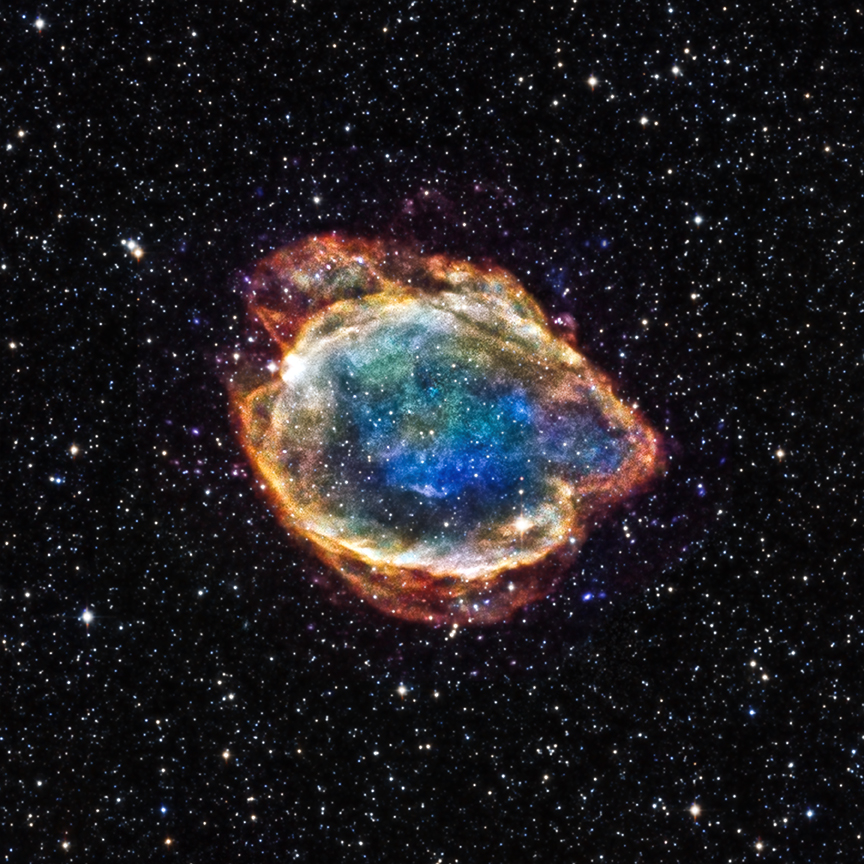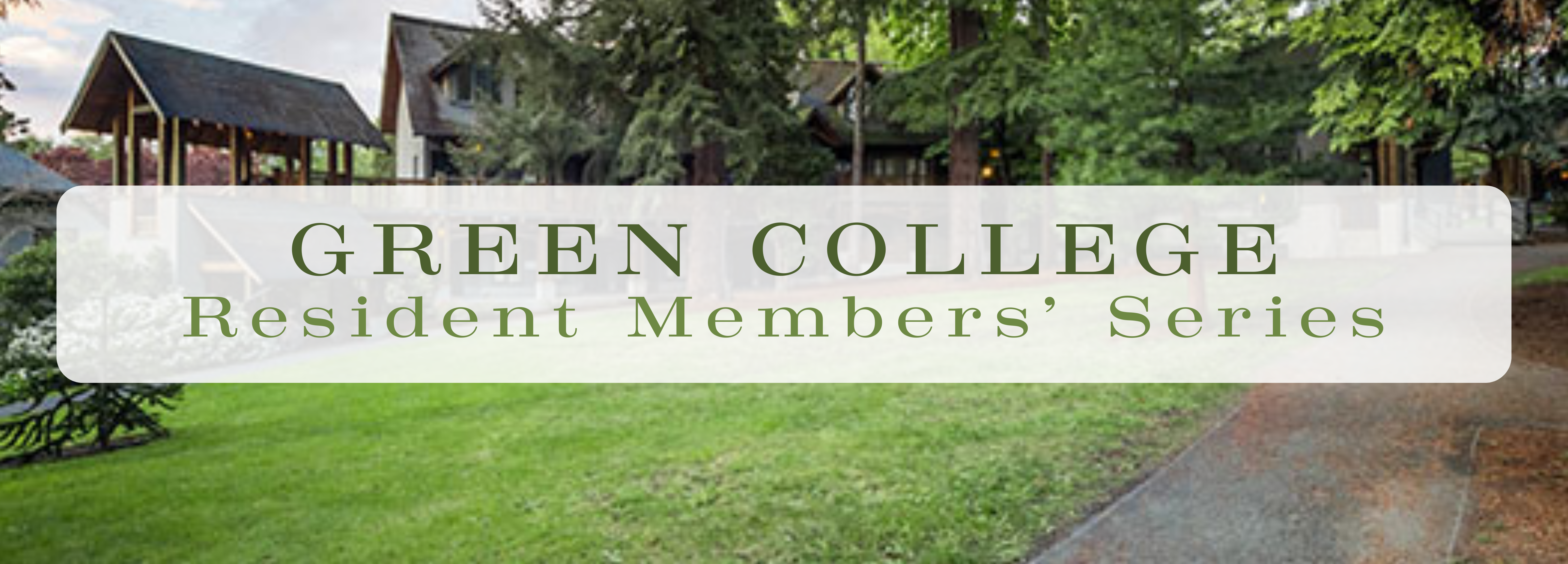The Big Bang Theory and the Fate of the Universe
-
Ricky, Physics and Astronomy
Coach House, Green College, UBC
Monday, October 30, 8-9pmin the series
Green College Resident Members' Series -
Observation of stars does not only provide insights into stars and galaxies in their current state. In fact, Hubble and Humason revealed in 1929 that the Universe is intrinsically expanding by measuring precisely the speed of Cepheid stars in different galaxies receding from the Earth. This turned out to support the then-controversial Big Bang Theory proposed some years earlier by priest and physicist Lemaître.Then, in 1998, two independent teams found cosmic expansion to be accelerating. General Relativity connects these findings to different types of components in the Universe, and to the ultimate “fate” of the Universe, while Quantum Mechanics helps scientists to build up models to characterize the nature of what is causing accelerated expansion. In this talk, Ricky will explore the history of the Universe and its research with a particular focus on accelerated cosmic expansion, covering both experimental and theoretical work up to today.
 Ricky is a PhD student in dark matter theory. Before his current research, he studied different areas including organometallic chemistry, biological physics, and abstract algebra. Ricky has also been involved in projects to improve equity, diversity, and inclusion (EDI) in the physics community, and redesign an undergraduate course from EDI perspectives. In addition to EDI, he is exploring how different spiritualities and natural sciences can coexist and complement each other at individual and societal levels.
Ricky is a PhD student in dark matter theory. Before his current research, he studied different areas including organometallic chemistry, biological physics, and abstract algebra. Ricky has also been involved in projects to improve equity, diversity, and inclusion (EDI) in the physics community, and redesign an undergraduate course from EDI perspectives. In addition to EDI, he is exploring how different spiritualities and natural sciences can coexist and complement each other at individual and societal levels.The image shown here is an X-ray and infrared composite photo of G299.2-2.9, the remnant of a supernova type Ia. This type of supernova, the explosion of an old star, is of special importance for the discovery of accelerated cosmic expansion.
Credit: X-ray: NASA/CXC/U.Texas/S.Post et al, Infrared: 2MASS/UMass/IPAC-Caltech/NASA/NSF

Each week, the Green College Resident Members’ Series features a different presenter (or presenters) from among the Resident Members of Green College. Graduate students, Postdoctoral and Visiting Scholars offer talks and events on their areas of research or study and, as appropriate, bring in their research colleagues from outside the College.
Series Conveners: Michael Carelse, Archival Studies and Library and Information Studies; Michelle Kamigaki-Baron, Linguistics; and Ricky, Physics and Astronomy

-
Unless otherwise noted, all of our lectures are free to attend and do not require registration.
Custom Lecture Fields
|